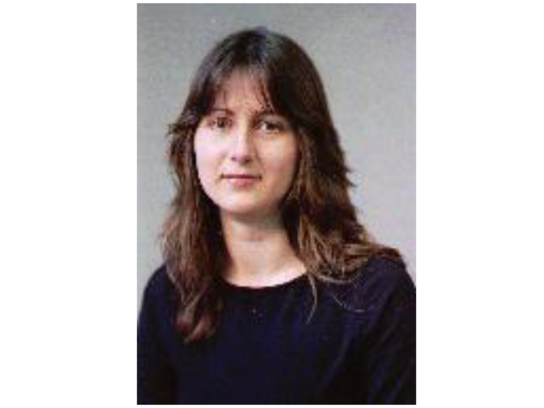Automatic Detection of Online Disinformation: Major Challenges Ahead
Ubiquitous online mis- and disinformation pose serious threats to society, democracy, and business. This talk first defines the technological, legal, societal, and ethical dimensions of this phenomenon. It also presents current understanding in why people believe false narratives, what motivates their sharing, and how they might impact offline behaviour (e.g. voting).
The talk then summarises state-of-the-art technological approaches to fighting online disinformation. It follows the AMI conceptual framework (Agent, Message, Interpreter), which considers the origin(s) and the impact of online disinformation alongside the veracity of individual messages. In conclusion, major outstanding socio-technical and ethical challenges are discussed.

Prof. Dr. Kalina Bontcheva, University of Sheffield
Prof. Dr. Kalina Bontcheva
Professor Kalina Bontcheva was the holder of a prestigious EPSRC career acceleration fellowship until May 2018. Her main interests are online abuse and disinformation, social media mining, information extraction, NLP infrastructures, and text summarisation, where she has published over 200 papers in highly-rated journals and conferences. In particular, Prof. Bontcheva is an internationally leading expert on rumour detection and disinformation analysis and recently coordinated the PHEME FP7 project on computing veracity of social media content. In December 2017 she gave oral evidence at the UK DCMS parliamentary committee enquiry on fake news, and has just published an EPRS STOA report on socio-technical methods for disinformation detection, analysis, and containment. She is now PI and deputy-coordinator of the H2020 SoBigData e-infrastructure project and the scientific director of the H2020 WeVerify project on collaborative content verification.